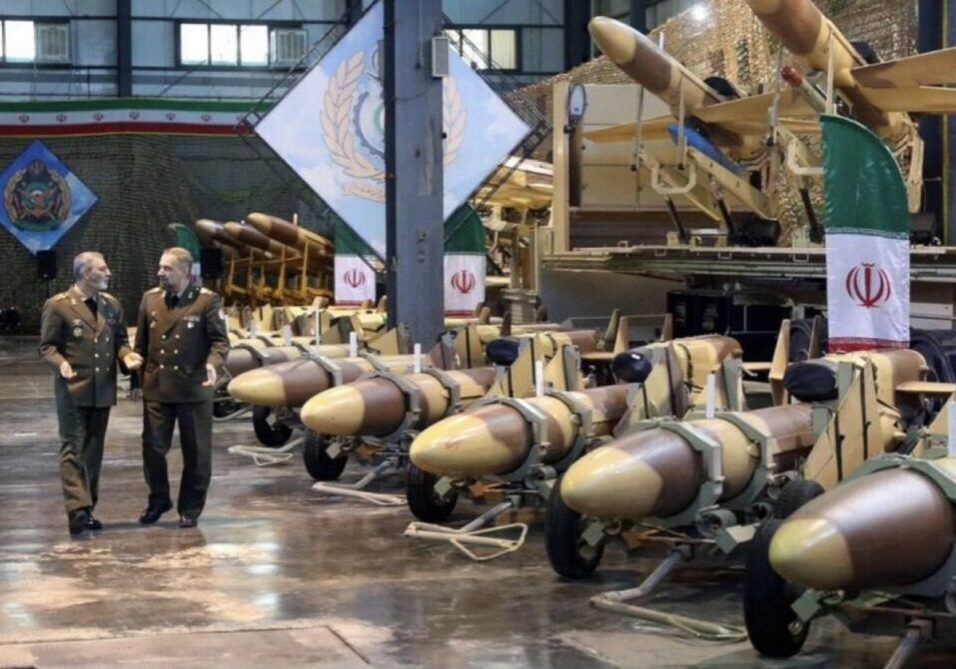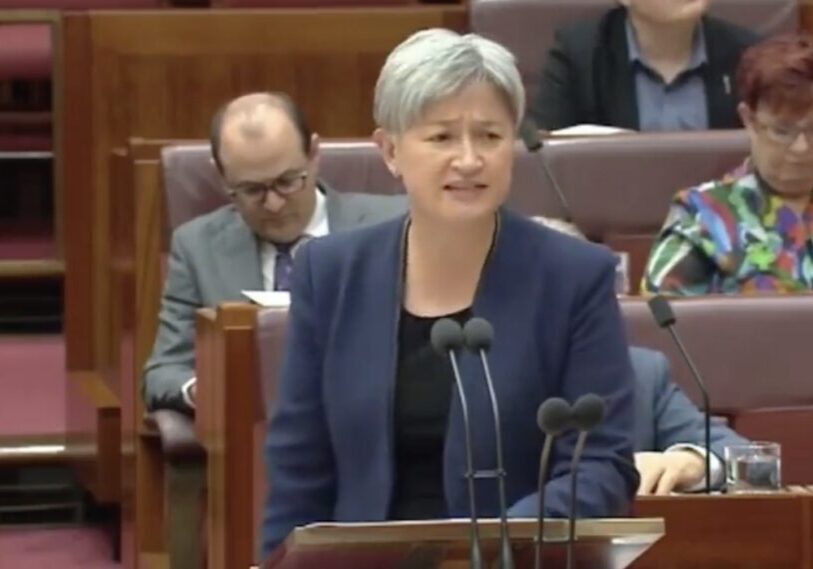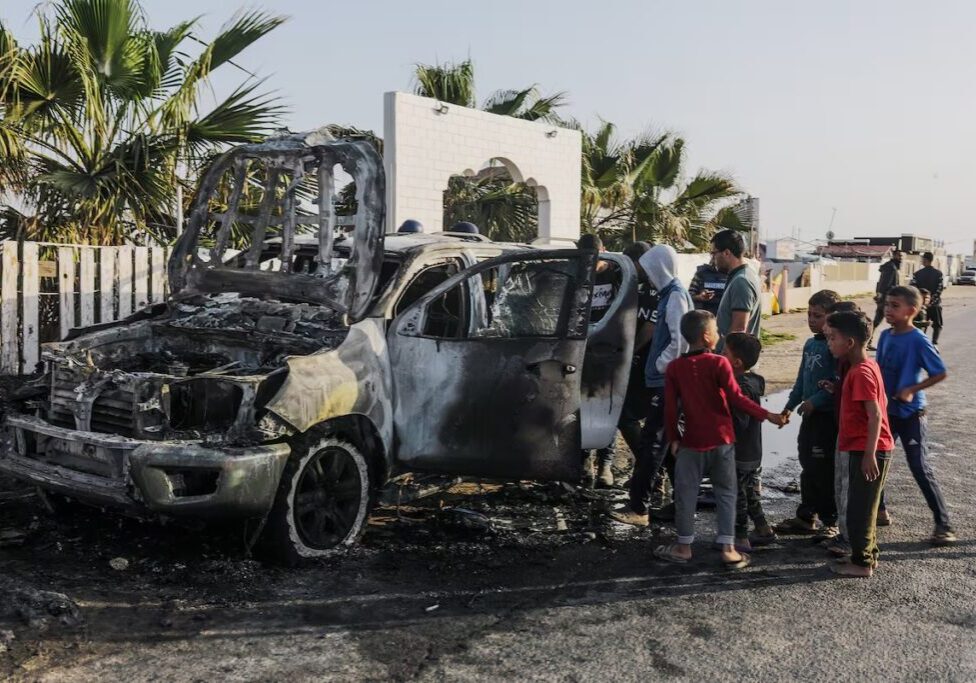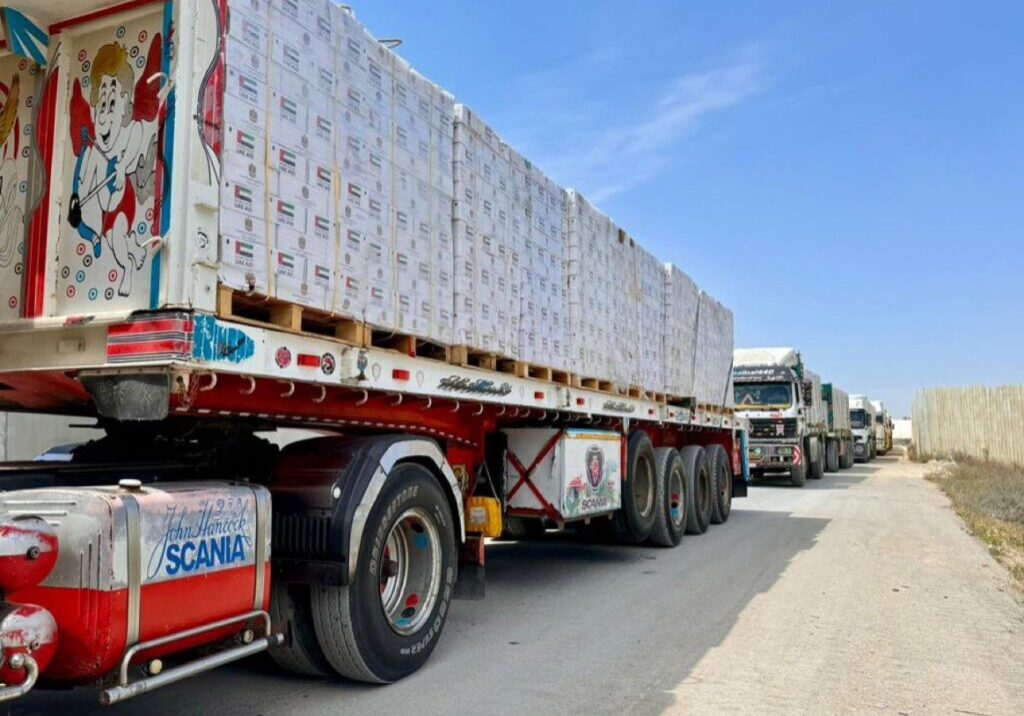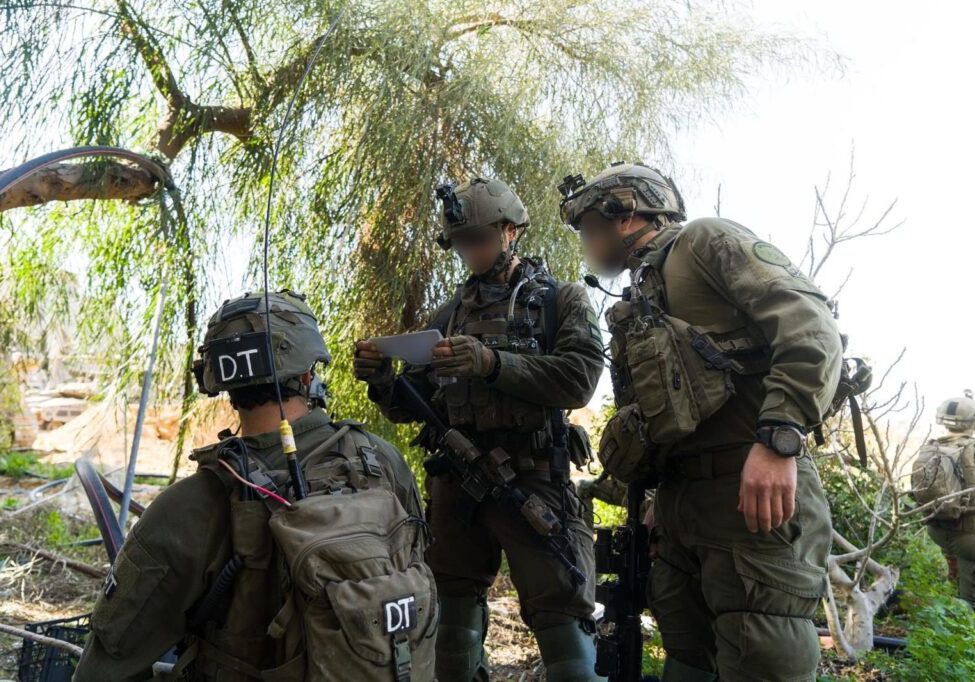Australia/Israel Review
Scribblings: Erdogan’s Dubious Friends
Jan 29, 2014 | Tzvi Fleischer
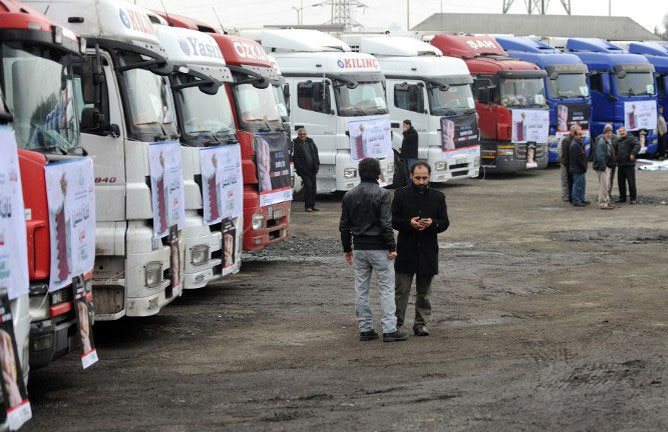
Tzvi Fleischer
Erdogan’s Dubious Friends
Here’s a fascinating – and very telling – story from Turkey which has not really made it into the Australian media.
On Jan. 14, Turkish police staged a sweep in which they arrested 28 people alleged to be recruiting or otherwise working for al-Qaeda in raids across six provinces. Police also raided an office of the IHH, a Turkish Islamist NGO best known for coordinating the Mavi Marmara flotilla to Gaza in 2010.
The IHH connection is not that surprising, because it was reported over two years ago that key figures behind the IHH – which is openly close to Hamas – were being investigated by Turkish legal authorities for directing funds to al-Qaeda. This comes on top of reports of phone contacts between the IHH and al-Qaeda operatives in Europe, as well as a finding by French counter-terrorism Judge Jean-Louis Bruguiere that the IHH assisted al-Qaeda with some terror plots, including the 1999 Millennium bombing attempt. The group is also banned in Germany for its alleged terrorist links.
What was surprising was the reaction to the raid by the Turkish Government, led by Prime Minister Recep Tayyip Erdogan of the Islamist AKP party. Hours after the raid, the Government dismissed two police chiefs who had overseen the operation. Several other senior police officers involved were re-assigned. According to the newspaper Hurriyet, “bodyguards of the eight prosecutors who launched the anti-al-Qaeda operations” were also replaced. Deputy Prime Minister Bülent Arınç publicly denounced the raid on the IHH office, denying it has any terror ties and asserting, “The IHH is a legal organisation, it is working for humanitarian goals.”
Nor is this the only incident recently which seemed to involve blatant government interference in police investigations allegedly related to the IHH. On Jan. 1, a truck was stopped near the Syrian border allegedly carrying arms for Syrian rebels, specifically the al-Qaeda-affiliated Nusra Front according to some reports. The passengers claimed they were carrying aid on behalf of the IHH, though the organisation denied involvement. However, what is interesting is that after a local prosecutor had ordered the search of the truck, the Governor of Adana ordered police to stop their search and explained that the Prime Minister wanted the warrant cancelled and the shipment to go through.
Now it should be noted that part of the background of this story here may be the intense political struggle going on at the moment between the ruling AKP and the shadowy cult-like Islamist Gulen religious movement, which is said to have extensive support networks within the justice system and security forces. Erdogan views recent corruption charges laid against some of his key supporters, including his son, as the Gulen movement’s revenge for a recent government crackdown on the movement’s educational institutions.
But regardless of that split, I think these cases lead to a series of conclusions that Western observers of Turkey need to understand:
1. The IHH is incredibly close to the AKP government. It is therefore inconceivable that it was operating independently of the government in the Mavi Marmara incident. That flotilla, and the violence that resulted from it, was supported and possibly planned by the Turkish Government.
2. This means that the Erdogan Government is not only highly sympathetic to Hamas as has long been clear. It seems prepared to play ball with al-Qaeda on some level, because it is allowing the IHH to do so and apparently interfering with police attempts to stop it.
3. Despite the hopes long expressed by many Western commentators that Erdogan and the AKP might represent an Islamism that would be compatible with democracy, Erdogan has shown unequivocally that he is no democrat and no adherent to the independent rule of law. His alleged behaviour here to protect the IHH from legal scrutiny is on top of his crackdown on media dissent and the extremely dubious Ergenekon trials, which led to the jailing of dozens of government opponents – former military officers, opposition MPs and journalists – on apparently bogus charges.
Casting the First Stone
The throwing of stones is often treated as simply a form of protest by Palestinians, and it is even sometimes described in the media as a form of “non-violent resistance”.
It is not only obviously not “non-violent”, it has killed more than a dozen Israelis, several of them children, over the past few decades.
Here are a few cases everyone should know about (as assembled by Stephen Flatow, whose daughter Aliza was killed in a Palestinian suicide bombing in 1995):
• In September 2011, Asher Palmer and his 11-month-old son, Yonatan were both killed when they were ambushed on a West Bank road by Palestinian attackers who threw stones from a vehicle going in the opposite direction. One hit Palmer in the head, causing the car to crash.
• In 1993, 11-year-old Chava Wechsberg was a passenger in car traveling in the Gush Etzion region when Arab rock-throwers attacked,causing the car to crash, killing her.
• In 1990, a four-year-old Arab boy was killed when he was hit in the head by a rock thrown by Palestinians who mistakenly thought the car in which he was riding was Israeli.
• In 1983, Esther Ohana, 20, was on her way to her wedding rehearsal when the car in which she was riding was attacked with rocks near Hebron. One struck Esther in the head, killing her.
Of course, serious injuries number far more than deaths.
And by the way, anyone who still thinks stone-throwing is simply a form of “non-violent” protest should have a look at the NSW Crimes Act 1900 – Section 49A which deals with “Throwing rocks and other objects at vehicles and vessels”. It carries a maximum penalty of five years in prison. Similar laws exist in several other states.
Tags: Israel

